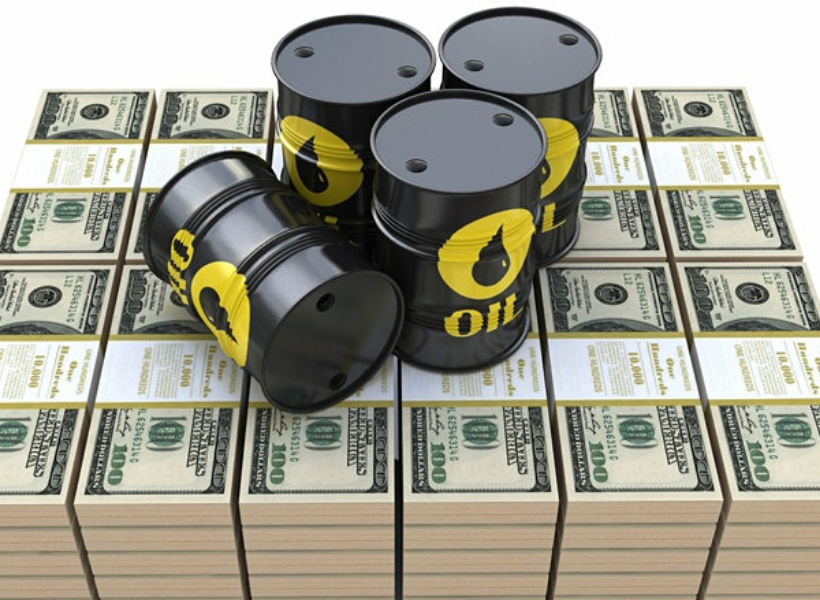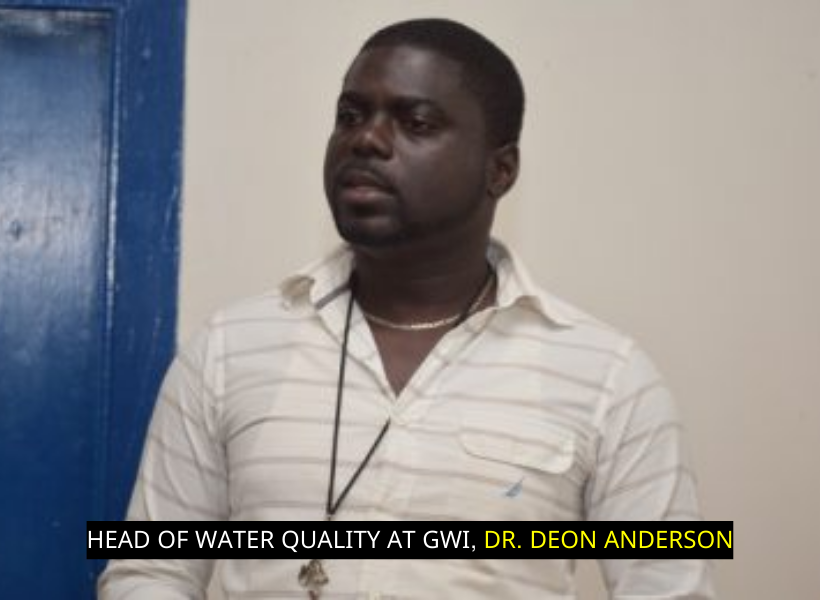The Guyana Water Incorporated (GWI)is moving ahead to implement the use of an alternative chemical, which will see the company shaving off an approximate $20M from its monthly chemical cost, agency officials say.
The chemical, Polyaluminium chloride (aluminium chlorohydrate) called PAC, will replace the current chemical, aluminium sulphate.
Head of Water Quality at the GWI, Dr. Deon Anderson, noted that PAC is an aluminium-based compound that is used as a coagulant, which removes colour and turbidity from the water.
“We know here in Guyana that most of our surface water is dark in colour because of the heavy organics present. So, this Polyaluminium chloride, just like the aluminium sulphate that we currently use, will be used to remove the colour and organics,” he explained.
He noted one advantage of this product – as opposed to the currently used product – is that it does not supress the pH (power of hydrogen) as much as the aluminium sulphate. It also uses a “far less” concentration, which in the end, will be able to provide a better quality of water.
He noted that tests were carried out with PAC, which proves that using the product will cut down on the amount of chemicals in the treatment process.
“The aluminium sulphate (which is currently being used) works in conjunction with another chemical to correct the pH. This product (PAC) works by itself. So, in other words, we will be eliminating the cost of that other chemical so we will be saving…So, in a nutshell, we will only be using one product by itself,” he said.
Dr. Anderson noted that other products were tested, and the outcome shows that PAC has the most “optimum results”.
It is expected that by the first half of 2020, GWI will reduce the use of Alum and lime by 50% with the use of PAC.
Further to that, the GWI is moving to reduce the total use of chemicals across the company by 70% with the use of Inline filters.
On average, all final water supplied to customers, approx. 95-100% meets the WHO health-based guidelines. Heavy metal testing was completed on all the wells in the Hinterland regions. The tests conducted for heavy metals (mercury, cadmium, arsenic and lead) are all within the WHO Guidelines, and are therefore safe for human consumption, GWI’s General Manager (GM), Dr. Richard Van West-Charles told the media.











